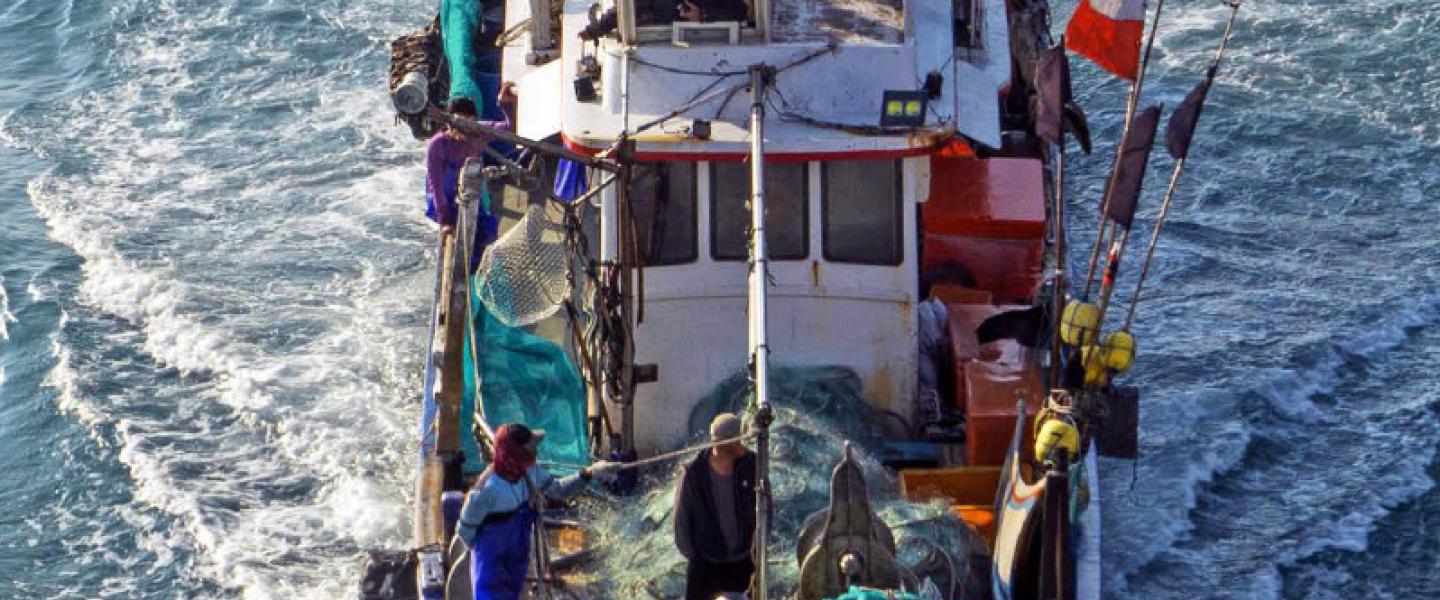Press Release
Wednesday 24 March 2021
London.UK. Today, the Business & Human Rights Resource Centre (BHRRC) published its new briefing and platform – “All at sea: An evaluation of company efforts to address modern slavery in Pacific supply chains of canned tuna”.
The research updates the 2019 report on company approaches to addressing modern slavery in canned tuna supply chains. The Evaluation reveals that, despite increased company awareness of modern slavery and growing focus on policy, overall, little progress has been made in the past two years since the initial survey.
Alarmingly, whilst the COVID-19 pandemic has led to increased global demand for canned tuna, it has also exacerbated the risk of forced labour and left fishers, many of whom are migrants, exposed to heightened risk of exploitation and abuse. Aside from a small cluster of leading companies, most have failed to take robust, decisive action and have been ill-equipped to address ongoing abuses and the additional risks and challenges presented by the COVID-19 pandemic. Overall, a pattern of ‘policy over practice’ stubbornly persists.
Key findings of the Report include:
- less than a fifth actively map their entire supply chain.
- Human rights due diligence processes targeting modern slavery remain rare (only eight companies do this, a marginal increase on four in 2018/19).
- Only one company identified and provided details of specific human rights abuses in its tuna supply chain.
- Oversight of recruitment is negligible with only 6% of companies reporting having oversight of recruitment processes.
- Less than 9% have a detailed step-by-step remediation plan.
- Only one in four companies have taken action to mitigate the heightened modern slavery risks for workers arising as a result of COVID-19.
Human Rights at Sea, among other NGOS, fishers unions and fishers themselves participated and contributed to this important review of modern slavery in the Pacific Tuna. Crucially, The evaluation found that companies are also not doing enough to listen to the voices of fishers in their supply chains which should be an integral part of their human rights due diligence risk assessment.
This evaluation must be seen as another important step to publicly highlighting the risks of modern slavery and labour exploration including failings in the protection of human rights and the limited access to effective remedy and remediation.
The Evaluation is available to download on the BHRRC dedicated platform.
ENDS.
